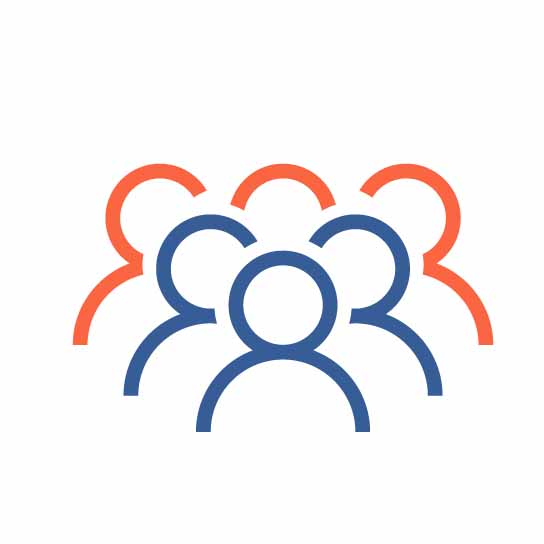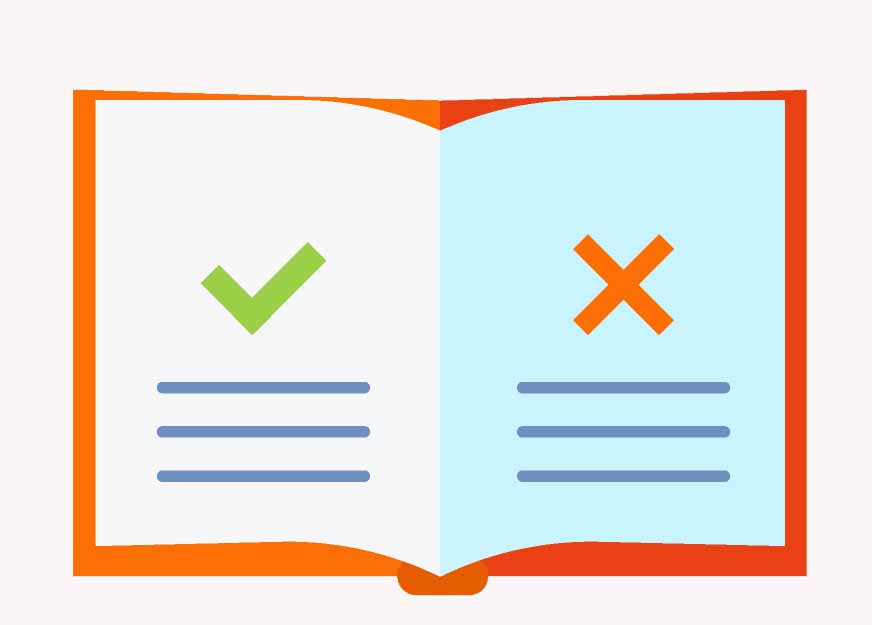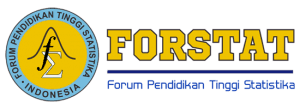Comparing Logistic Regression and Support Vector Machine in Breast Cancer Problem
Abstract
Keywords
Full Text:
PDFReferences
Agresti, A. (2007) An Introduction to Categorical Data Analysis, New Jersey: John Wiley & Sons, Inc.
Byrne, D., Ohalloran, M., Jones, E., Glavin, M. (2011) "˜Support Vector Machine-Based Ultrawideband Breast Cancer Detection System', Journal of Electromagnetics Waves and Applications, 25(13), pp. 1807-1816. https://doi.org/10.1163/156939311797454015.
Daliri, M. R. (2013) "˜Combining Extreme Learning Machines Using Support Vector Machines for Breast Tissue Classification', Computer Methods in Biomechanics and Biomedical Engineering, pp. 185-191. https://doi.org/10.1080/10255842.2013.789100.
Han, J., Kamber, M., and Pei, J. (2012) Data Mining: Concepts and Techniqu, United States of America: Elsevier Inc.
Jacob et al. (2012) "˜Efficient Classifier for Classification of Prognostic Breast Cancer Data Through Data Mining Techniques', in Proceedings of the World Congress on Engineering and Computer Science. San Fransisco.
Khan, R. A., Ahmad, N., Minallah, N. (2013) "˜Classification and Regression Analysis of the Prognostic Breast Cancer using Generation Optimizing Algorithms', International Journal of Computer Applications, 68, pp. 42 - 47. https://doi.org/10.5120/11754-7423.
Khandezamin, Ziba., Naderan, Marjan., Rasthi, M. J. (2020) "˜Detection and Classification of Breast Cancer Using Logistic Regression Feature Selection and GMDH Calssifier', Journal of Biomedical Informatics. https://doi.org/10.1016/j.jbi.2020.103591.
Salama, Gouda I., Abdelhalim, M. B., and Zeid, Magdy. (2012) "˜Breast Cancer Diagnosis on Three Different Datasets using Multi-classifier', International Journal of Computer and Information Technology, 1(1), pp. 36 - 43.
Sultana, Jabeen and Jilani, Abdul Khader. (2018) "˜Predicting Breast Cancer Using Logistic Regression and Multi-Class Classifiers', International Journal of Engineering & Technology, 7(4.20), pp. 22 - 26. https://doi.org/10.14419/ijet.v7i4.20.22115.
UCI Machine Learning (2023) Breast Cancer Wisconsin (Prognostic) Data Set. Available at https://archive.ics.uci.edu/ml/datasets/Breast+Cancer+Wisconsin+%28Prognostic%29.
World Health Organization (2023) Cancer. Available at https://www.who.int/health-topics/cancer.
World Health Organization (2023) Breast Cancer. Available at https://www.who.int/news-room/fact-sheets/detail/breast-cancer.
DOI: https://doi.org/10.34312/jjps.v4i1.19246
Refbacks
- There are currently no refbacks.
Copyright (c) 2023 Jambura Journal of Probability and Statistics

This work is licensed under a Creative Commons Attribution-NonCommercial 4.0 International License.







.jpg)






